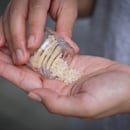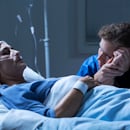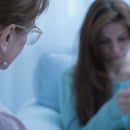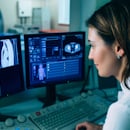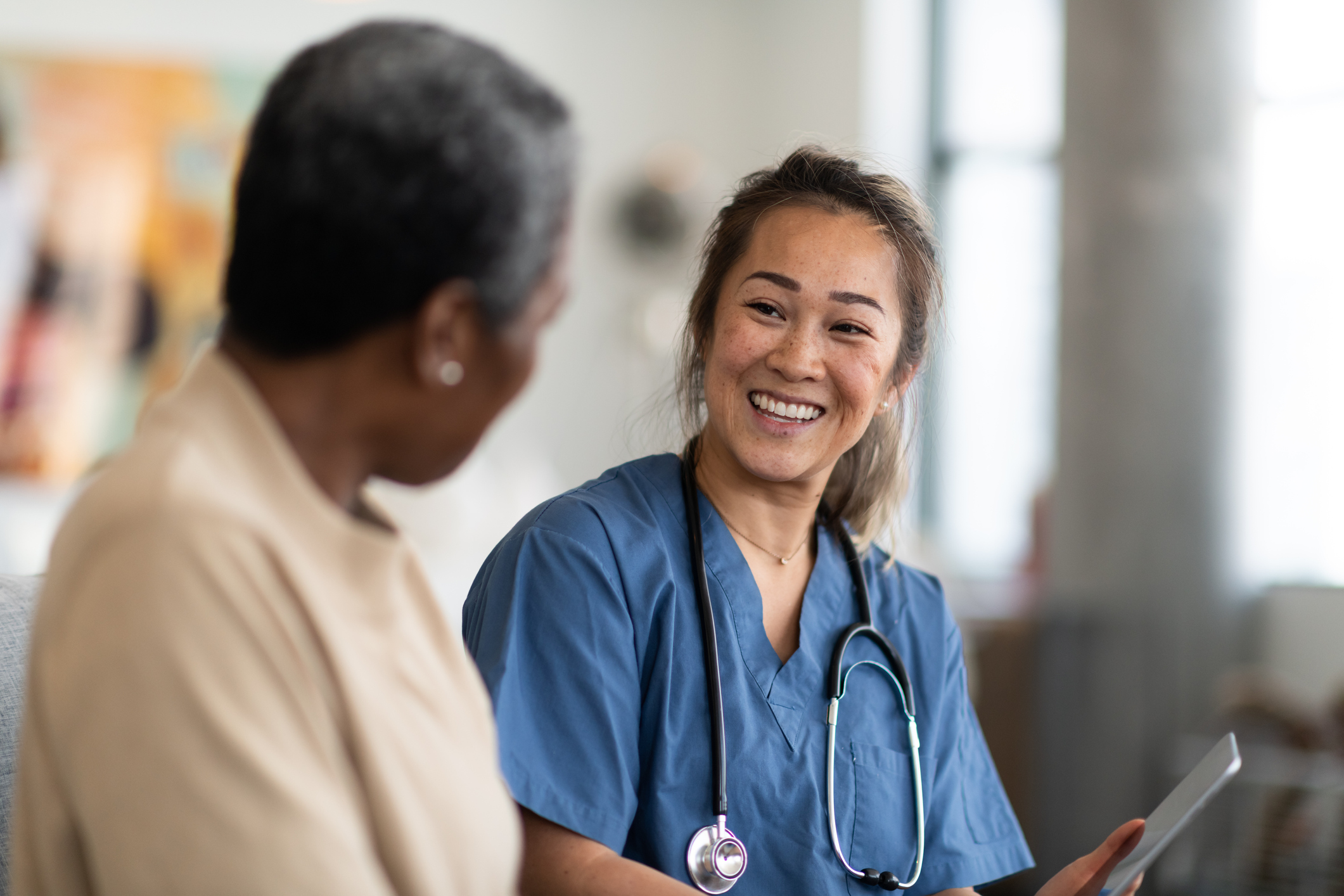
Cultural Awareness: Bias
Thinking back on your decision to become a healthcare professional (HCP), did you consider your personal biases and how those would impact your career? Chances are you became a healthcare professional out of a genuine desire to help people. Your intentions were noble and the thought of intentionally harming a patient never occurred to you. As healthcare professionals we have all heard the expression “first, do no harm”. Many, if not all HCP, strive to adhere to this notion, but our personal biases are getting in the way.
In addition to impacting the health of Americans, the COVID pandemic has brought to light social injustices and inequalities due to differences in race, religion, gender, or lifestyle. The nightly news is full of breaking stories of people being attacked verbally and physically based on these differences. You may have been witness to such attacks.
As healthcare professionals, we need to understand our own biases and their impact on how we interact with one another and our patients. The University of California, San Francisco (UCSF) describes bias as “a prejudice in favor of or against one thing, person, or group compared with another usually in a way that’s considered to be unfair” (2020). Some biases are explicit or conscious, while others are implicit or unconscious
Whereas conscious biases are those we are aware of and act on intentionally, unconscious biases represent social stereotypes about certain groups of people that individuals form outside their own conscious awareness (Whelan, 2018, UCSF, 2020). Unconscious biases are more prevalent (USCF, 2020).
We cannot control the biases of colleagues, family, and friends, but we can become aware of our own biases and educate ourselves to overcome them.
The following is a list of suggested resources to learn more about bias and help navigate these turbulent times.
RN.com Continuing Education Course:
Practicing Cultural Competence (1 CE)
Additional Resources:
- The Gay and Lesbian Medical Association posts information and resources concerning gay, lesbian, bisexual, and transgender health and health-related issues.
- EthnoMed, a website sponsored by the University of Washington, contains information about cultural beliefs, medical issues, and related topics pertinent to the health care of immigrants to the US. Multilanguage patient education materials are also available.
- Ethnogeriatrics offered by Stanford University contains modules specific to the aged population in several different cultures
- The Joint Commission website posts cultural competence resources as a part of its patient safety initiative.
Healthcare professions are caring professions. The decision to become a healthcare professional comes from a desire to help people, not harm them. Even with the best intentions personal biases may get in the way of living up to the concept of first, do no harm. Examining our personal biases will help us identify and hopefully move to a place of deeper cultural awareness.
References
University of California, San Francisco [UCSF]. (2020). Unconscious bias. UCSF Office of Diversity and Outreach.
Whelan, M. (2018). Conscious and unconscious bias. Unleashed Potential.
